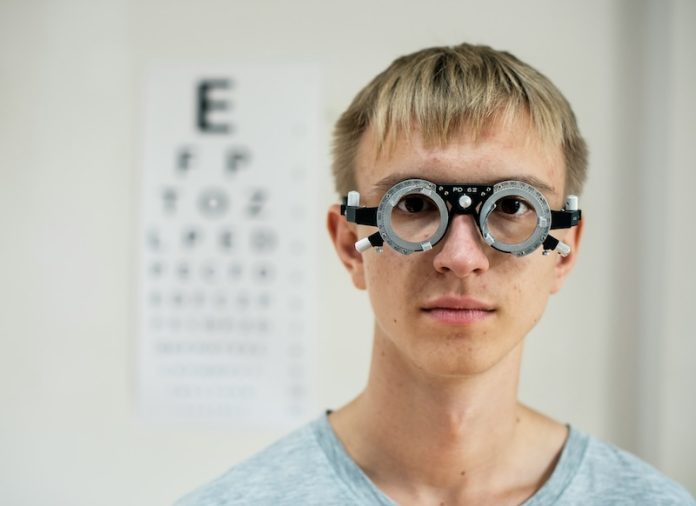
When most people think about eye exams, they picture getting a new prescription for glasses or contacts. But did you know that regular eye check-ups can also reveal early signs of serious health problems?
Your eyes are like windows to your overall health, and eye doctors can spot warning signs of diseases like diabetes, high blood pressure, and even some cancers—often before symptoms show up. This is why getting your eyes checked regularly is one of the smartest steps you can take for your health.
Research supports the idea that eye exams are about much more than just your vision. For instance, studies have shown that eye doctors can detect diabetes early by looking at the tiny blood vessels in your retina.
A 2020 study published in The Lancet found that routine eye screenings helped identify diabetic retinopathy—damage to the retina caused by diabetes—years before patients were diagnosed with diabetes itself.
Early detection like this can lead to quicker treatment, which may prevent complications like blindness, kidney disease, or nerve damage.
Similarly, high blood pressure, also known as hypertension, can leave clues in your eyes. When blood pressure is too high, it can cause changes to the blood vessels in your eyes, a condition called hypertensive retinopathy.
These changes are often visible during an eye exam. A 2018 study in Hypertension found that people with hypertensive retinopathy had a higher risk of heart attack and stroke. If detected early, these risks can be managed with medication and lifestyle changes, potentially saving lives.
Eye exams can even help uncover neurological conditions, such as multiple sclerosis (MS) or brain tumors. Swelling of the optic nerve, visible during a comprehensive eye exam, is often an early sign of MS or other nervous system disorders.
A 2019 report in Neurology highlighted cases where patients experienced vision issues that led to early MS diagnosis, allowing doctors to start treatment sooner and slow disease progression.
Cancer is another surprising area where eye exams can play a role. Eye doctors can detect melanoma, a type of skin cancer, in or around the eye during routine check-ups.
In some cases, tumors in other parts of the body can cause changes in the eyes, such as blurred vision or unusual pupil shapes.
A study published in JAMA Ophthalmology in 2021 emphasized that eye exams were crucial in identifying early-stage ocular melanoma, leading to more effective treatments.
For many people, eye exams are also the first line of defense against vision problems that come with aging, such as glaucoma and macular degeneration. Glaucoma, often called the “silent thief of sight,” develops slowly and may not show symptoms until vision is permanently damaged.
Regular eye exams can catch this disease in its early stages, when treatments like eye drops or surgery can prevent further damage. Similarly, age-related macular degeneration (AMD), a leading cause of blindness in older adults, can be managed more effectively if caught early.
Beyond the science, there’s a simple truth: when it comes to your health, prevention is better than cure. Regular eye exams are quick, painless, and non-invasive, making them an easy addition to your routine health care.
The American Optometric Association recommends adults get their eyes checked every two years, or annually if you’re over 60 or have a condition like diabetes that raises your risk for eye disease.
In a world where many health conditions sneak up silently, eye exams act like an early warning system. They help you stay one step ahead, giving you the chance to address potential issues before they turn into bigger problems.
So, if it’s been a while since your last eye exam, consider making an appointment. You’re not just protecting your vision—you’re taking care of your whole body.
If you care about eye health, please read studies about how vitamin B may help fight vision loss, and MIND diet may reduce risk of vision loss disease.
For more information about eye disease, please see recent studies about how to protect your eyes from glaucoma, and results showing this eye surgery may reduce dementia risk.
Copyright © 2024 Knowridge Science Report. All rights reserved.



